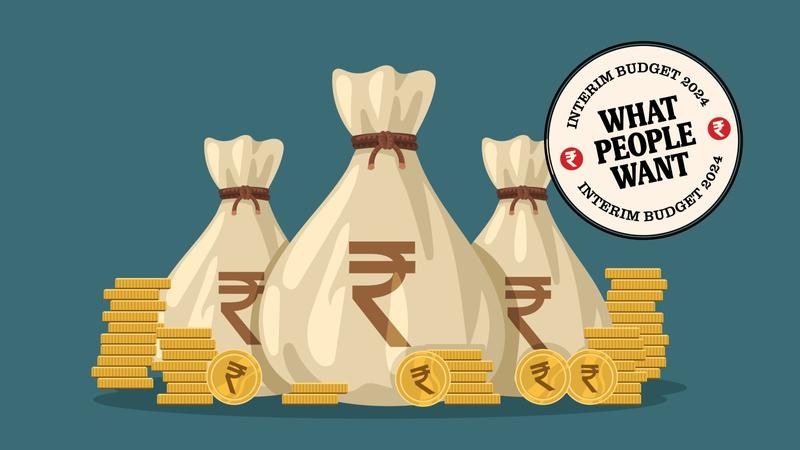Published 12:17 IST, January 27th 2024
Interim Budget 2024: Government should maintain fiscal deficit target of 5.4% for FY25
One of the key recommendations for the upcoming budget is to balance fiscal consolidation with economic growth.

As India faces global economic headwinds, the upcoming Vote on Account and Interim Budget 2024 hold significant importance in steering the nation towards its vision of becoming a developed country by 2047. Despite challenges like slow global growth, geopolitical tensions, and tight monetary policies, India remains a bright spot in the global economy.
Here are key recommendations by industry body CII from the upcoming Budget 2024
Fiscal consolidation
One of the key recommendations for the upcoming budget is to balance fiscal consolidation with economic growth. Experts suggest maintaining the fiscal deficit target of 5.9 per cent of GDP for FY24 and further reducing it to around 5.4 per cent of GDP for FY25, CII said.
Boosting Revenues
To enhance revenues, there is a call to signal a shift in the Goods and Services Tax (GST) structure to a three-rate system, with varying rates for essentials, standard goods, and luxury items. Bringing currently excluded products like petroleum, electricity, and real estate under the GST umbrella is also proposed. The budget is expected to prioritise the disinvestment program, seeking investor interest for all Public Sector Enterprises (PSEs) to be privatised, the industry body recommended.
Investment-Led Growth
To fuel growth through investments, the budget should continue to emphasise capital expenditure, with a suggested increase of at least 20 per cent to Rs 12 lakh crore. There is also a proposal to expand central support for state capital expenditure, linked to states undertaking reforms. Additionally, creating an independent Ministry for Investment is recommended to facilitate private and foreign investments.
Rationalising subsidies
Given that food and fertiliser subsidies constitute a significant portion of the subsidy bill, experts advise revising beneficiary criteria based on updated datasets and improving targeting through direct benefit transfers to farmers.
Consumption demand
The budget is expected to address consumption demand by linking personal income tax exemptions and rebates with inflation. Promoting low-cost and affordable housing, extending interest subvention schemes, and increasing allocations to flagship schemes like Pradhan Mantri Awas Yojna are crucial areas of focus.
Centre-state consensus building
Institutional platforms for building consensus on crucial reforms in areas like land, labour, power, education, and agriculture, which fall under state or concurrent domains, are recommended.
Protecting strategic interests
The creation of a National Economic Security Board under the National Security Council is suggested to monitor global supply chain risks, build relationships with key trading partners, reduce dependency on large import sources, and secure India's economic interests.
Employment generation
In line with the focus on development, the budget is expected to promote labour-intensive sectors such as apparel, footwear, toys, and tourism to boost employment generation.
Updated 16:53 IST, January 27th 2024




